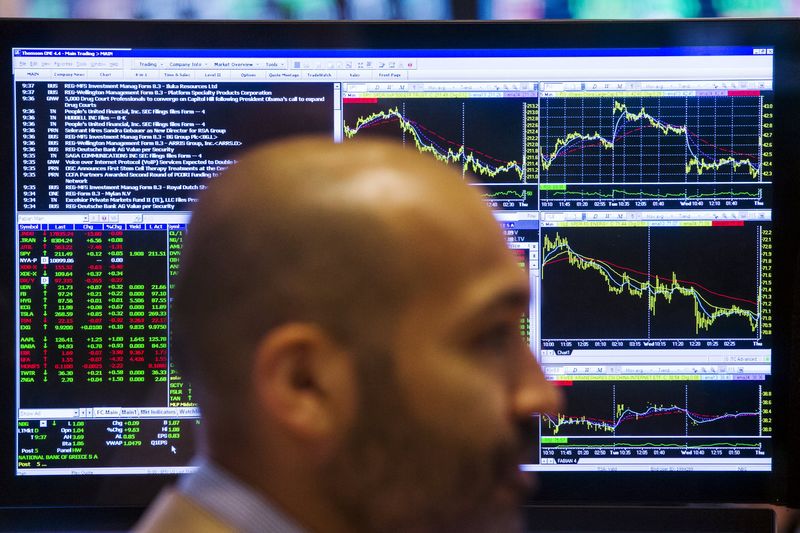This post was originally published on this site
https://i-invdn-com.akamaized.net/news/LYNXNPEB6U08A_M.jpg
BEIJING (Reuters) – China’s auto market has rebounded smartly from the COVID-19 crash in recent months, especially for high-end cars, but questions about the durability of that recovery will hang over the Beijing autoshow, starting on Saturday.
A rare industry event being held in person during the pandemic, the show marks a triumph for the world’s biggest car market, pummelled from late last year as lockdowns froze activity in the world’s second-biggest economy, where the disease erupted.
This show will be a far cry from the usual ebullience as fewer attend, new models are scant and prospects remain uncertain.
Among the bright spots: the Chinese market’s sharp bounce since April, strong demand for midsize to large luxury vehicles and a flood of interest – and investment – in electric vehicles.
China’s auto sales rose 11.6% in August from a year earlier, the fifth straight rise after plunging on coronavirus lockdowns. When almost all residents were told to stay home in February, sales collapsed a record 79% to their lowest since 2005.
The “Golden September, Silver October” period is off to a good start, according to preliminary data, with passenger car sales up 12% in the first 20 days of September.
The rebound means this year’s sales will fall less than 10%, the China Association of Automobile Manufacturers estimates, better than its May forecast of a 15% to 25% decline.
Much of the upturn is driven by sales of larger passenger cars by such makers as Daimler (OTC:DDAIF) and BMW, boosted by new models, automakers’ discounts and a broader economic recovery.
Premium vehicles accounted for a record 15% of the Chinese market in August, up from around 10% for all of last year, said the China Passenger Car Association.
Electric vehicles are also providing buzz to the Beijing show, as a boom in Tesla (NASDAQ:TSLA) shares has propelled interest in China, where EV startups like Nio (NYSE:NIO), Xpeng, Li Auto and WM Motor have together raised more than $8 billion this year.
But the recent improvement reflects Chinese carmakers making earlier model launches as they could not wait for the usual hype from the delayed autoshow before going to market. That suggests a more limited upside to the current sales rise.
“This year’s auto sales are very different from previous years,” said senior LMC Automotive analyst Alan Kang. “Many cars were sold during summer because customers delayed purchases after the lockdown.”
Sales of larger sedans and sport-utility vehicles have returned to last year’s levels, but competition among mass-market brands is intensifying, said Yale Zhang, head of Shanghai-based consultancy AutoForesight.
That’s a key battle ground for international and domestic brands including Volkswagen (DE:VOWG_p), Toyota, and Geely. Still, he said, “Sales performance in these two months will give us clue of what will happen next.”

